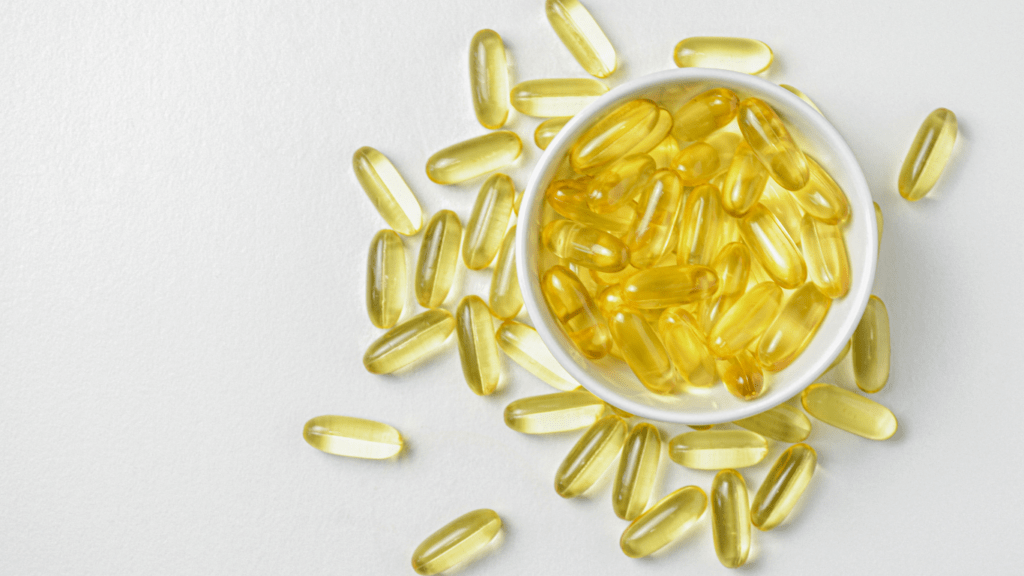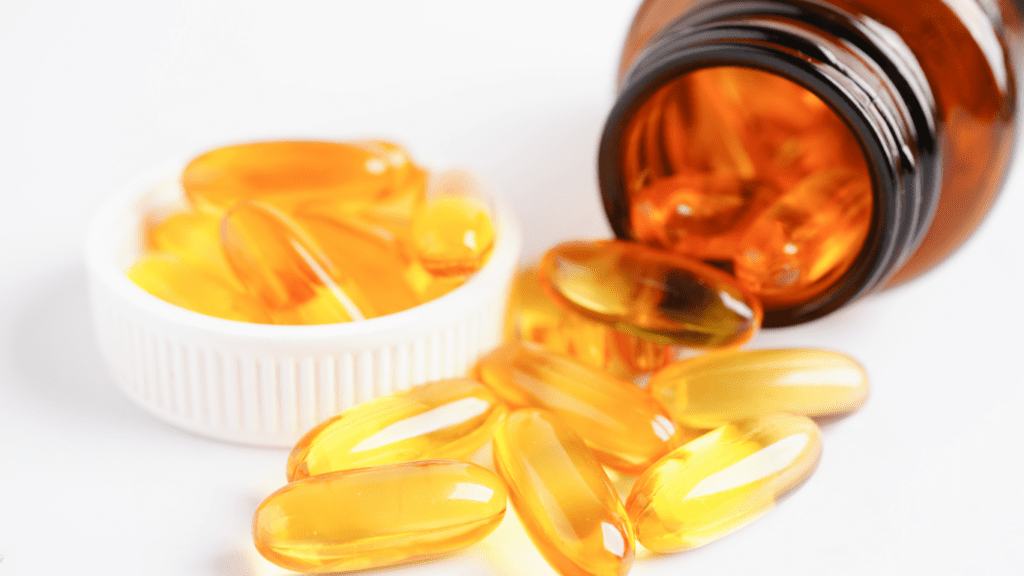Understanding Athletic Performance and Nutrition
Nutrition is key in athletic success. It’s not just about calories; it’s about nutrient quality and timing. Carbohydrates fuel short, intense workouts. Fats support longer endurance activities. Protein repairs and builds muscle tissue post-exercise. Hydration is critical, as it affects energy levels and muscle function.
Micronutrients contribute to performance as well. Vitamins like B-complex aid energy production. Minerals such as calcium and magnesium support muscle contraction and relaxation. Antioxidants like vitamins C and E reduce oxidative stress from intense activity.
Planning meals around training sessions maximizes energy and recovery. Pre-workout meals containing low-glycemic carbs maintain glucose levels. Post-workout nutrition, including protein and carbohydrates, accelerates recovery and muscle glycogen replenishment.
Regular nutrient assessment helps identify dietary gaps. Engaging with a sports nutritionist assists in creating a balanced plan, ensuring optimal performance and recovery.
Key Vitamins for Athletic Success

Vitamins play a significant role in boosting athletic performance by supporting energy production, muscle recovery, and overall health. Here are essential vitamins that contribute to athletic success.
Vitamin D
Vitamin D enhances bone health and supports muscle function, which is crucial for athletes. Adequate levels improve muscle strength and reduce the risk of injury. Exposure to sunlight helps produce Vitamin D, but athletes might need supplements, especially during winter or with limited sun exposure.
B Vitamins
B vitamins, including B1 (thiamine), B2 (riboflavin), B3 (niacin), B6, B9 (folate), and B12, are vital for energy production and red blood cell formation. These vitamins convert dietary energy into ATP, the energy currency for muscle activity. Including B vitamin-rich foods like whole grains and lean meats in my diet helps sustain energy levels.
Vitamin C
Vitamin C supports immune function and collagen synthesis, aiding tissue repair and maintaining connective tissues. It’s an antioxidant that protects cells from damage and reduces inflammation after intense workouts. Consuming citrus fruits and leafy greens ensures sufficient Vitamin C intake, offering both recovery and immune benefits.
Essential Minerals for Peak Performance
Essential minerals play a pivotal role in achieving peak athletic performance. They support energy production, muscle function, and recovery.
- Iron
Iron is crucial for oxygen transport. It forms part of hemoglobin in red blood cells, ensuring muscles receive adequate oxygen during exercise. An iron deficit can lead to fatigue and reduced stamina. Endurance athletes, particularly female athletes, are at risk of iron deficiency. It’s vital to monitor iron levels through blood tests and include iron-rich foods like lean meats, beans, and fortified cereals in the diet.
- Magnesium
Magnesium supports muscle function and energy production. It activates enzymes involved in ATP synthesis, which provides energy for muscle contractions. Intense training may deplete magnesium levels, causing cramps and muscle spasms. Including foods like nuts, seeds, and leafy greens can help maintain optimal magnesium levels, promoting recovery and efficiency in workouts.
- Zinc
Zinc is important for immune function and muscle repair. It supports protein synthesis, which is crucial for muscle growth and recovery. Athletes often lose zinc through sweat, increasing the risk of deficiency. Maintaining sufficient zinc levels through foods like meat, shellfish, and legumes can enhance recovery and ward off illness, ensuring consistent training sessions.
Popular Supplement Combinations
Certain combinations of supplements can effectively enhance athletic performance. Here are some popular ones:
- Creatine and Beta-Alanine: Creatine improves energy production during high-intensity workouts by increasing phosphocreatine stores in muscles. Beta-alanine delays fatigue by buffering acid in muscles. Together, they boost strength and endurance. Studies show combined use can enhance performance significantly during sessions involving sprinting or heavy lifting, according to research in the Journal of the International Society of Sports Nutrition.
- Branched-Chain Amino Acids (BCAAs) and Glutamine: BCAAs (leucine, isoleucine, and valine) support muscle protein synthesis while reducing muscle breakdown during exercise. Glutamine aids in recovery and immune function. The combined effect helps in minimizing muscle soreness and improving post-workout recovery.
- Caffeine and L-Carnitine: Caffeine enhances focus and energy levels while potentially increasing fat oxidation. L-Carnitine aids in transporting fatty acids into cells to be used for energy. This combination is popular among endurance athletes seeking improved energy efficiency over long durations.
- Omega-3 Fatty Acids and Antioxidants: Omega-3s reduce inflammation and support cardiovascular health. Paired with antioxidants like vitamin E, they further protect cells from exercise-induced stress. This duo is beneficial for recovery and maintaining joint health.
Each supplement pair addresses specific performance and recovery needs. Incorporating these combinations can optimize athletic output when accompanied by balanced nutrition and training.
Assessing the Need for Supplements
Understanding when supplements are necessary is key for athletes and fitness enthusiasts aiming to enhance performance. Not everyone needs supplements; their necessity depends on several factors. First, consider dietary intake. If consuming a balanced, varied diet that meets nutritional needs, supplements might not be required. However, those with dietary restrictions or specific health conditions may benefit.
Training intensity and frequency can also create a supplement requirement. High-level athletes often deplete nutrients faster, making supplementation useful to replenish stores and support recovery. Identify any deficiencies with regular nutrient assessments, as these highlight areas needing attention.
Consulting with a sports nutritionist helps determine individual needs. These professionals provide tailored advice based on personal health profiles, training regimes, and goals. Personalizing supplement plans ensures focus on beneficial elements while avoiding unnecessary intake.
Lastly, monitor performance and health changes when introducing supplements. Track improvements or any adverse effects to adjust usage appropriately, ensuring safe and effective supplement integration into athletic routines.





